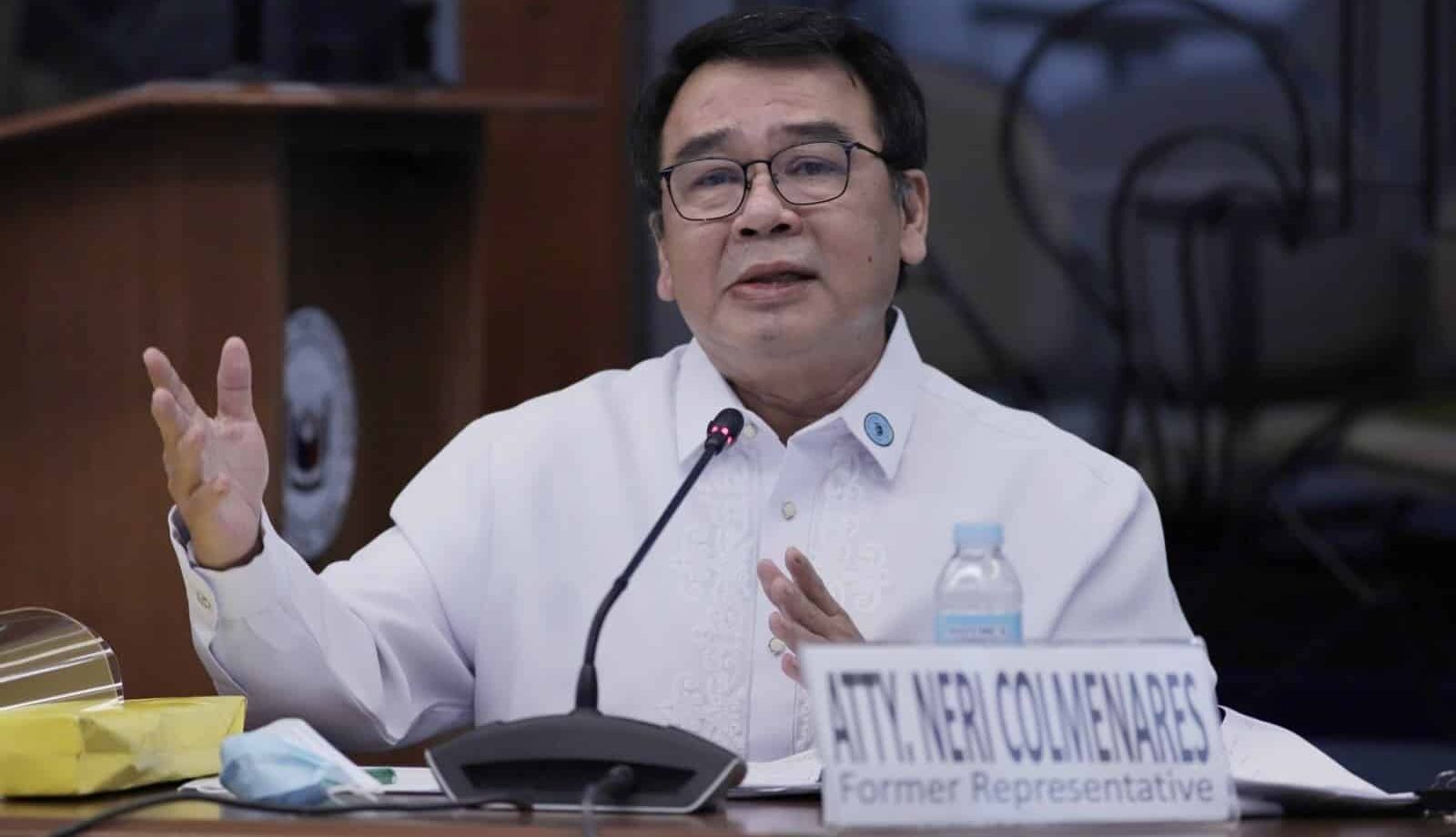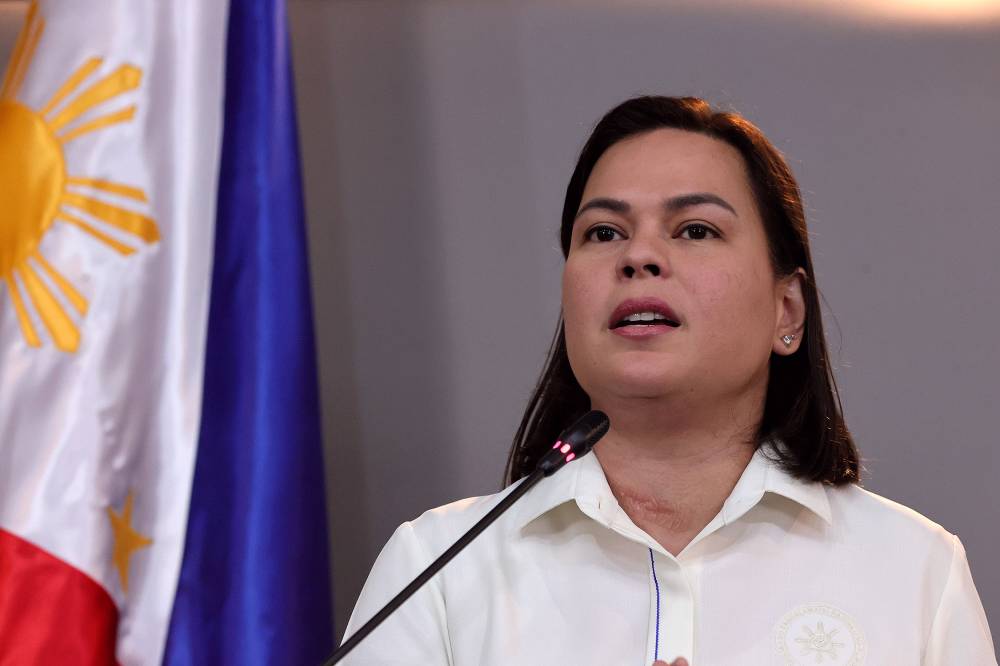The judges said the Registry had “provided sufficient information regarding each document that it proposes to accept as proof of identity for victim applicants,” adding that the existing procedure already ensures “the reliability of the identity verification process and significantly reduces the risk of fraud.” “In light of these considerations, the Chamber accepts the documents proposed by the Registry as proof of identity for applicants and those acting on their behalf,” the decision read. But the ICC emphasized that in light of systemic delays in the distribution of the Philippine National ID, such restrictions would be unfair and impractical. Kristina Conti, assistant to counsel at the ICC and a longtime advocate for drug war victims, described the defense motion as a transparent attempt to diminish the number of victims who could participate in the proceedings. While it acknowledged the importance of protecting the interests of victims even before common legal representation is appointed, it ruled that it was premature to allow individual victim-appointed lawyers to submit materials to the court at this stage. “While mindful of the need to protect the interests of victim applicants even before the appointment of [common] legal representatives, the Chamber finds it premature to allow ‘lawyers who were appointed by applicants, in victim application forms for participation or through powers of attorney, to make submissions before the Chamber until common legal representation in the Case has been decided,’” the ruling read. In the same decision, the court gave the ICC prosecution until 1 July to complete the disclosure of its evidence ahead of the confirmation of charges hearing scheduled for 23 September. Read Full Story







